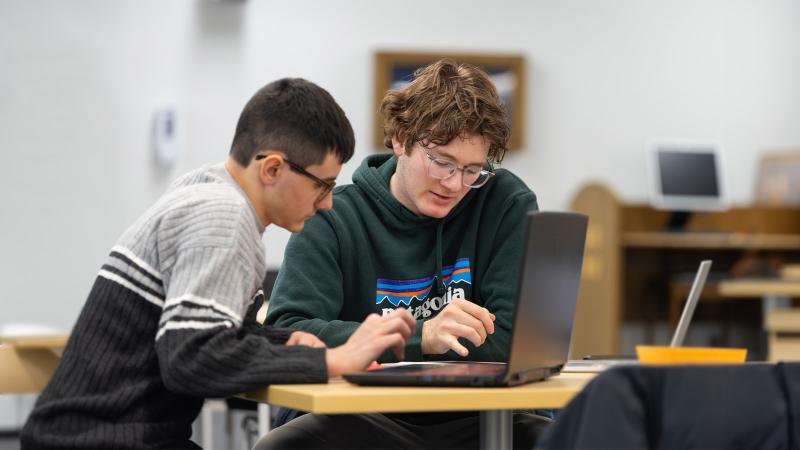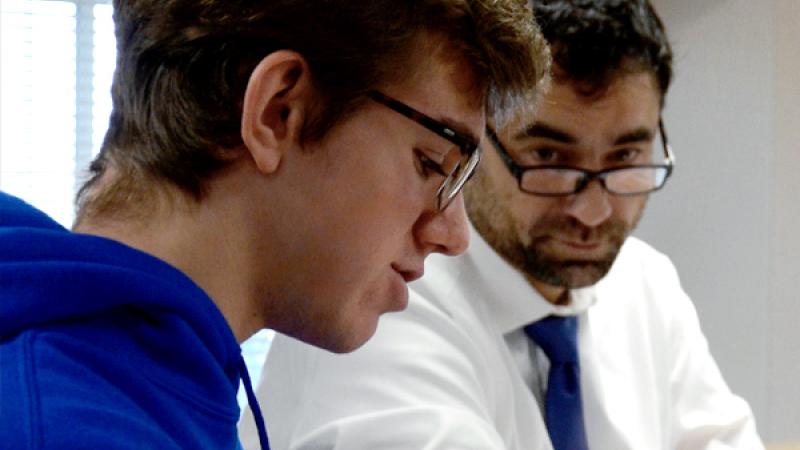
Academic Advising
From your first moments at Lawrence, you’ll be paired with a faculty academic advisor who will help you shape your academic path.

Center for Academic Success
Lawrence is invested in your success. Our newly renovated Center for Academic Success (CAS) combines the latest in learning technology with supportive and personalized attention. From study skills to tutoring to accommodations, CAS is here to help.
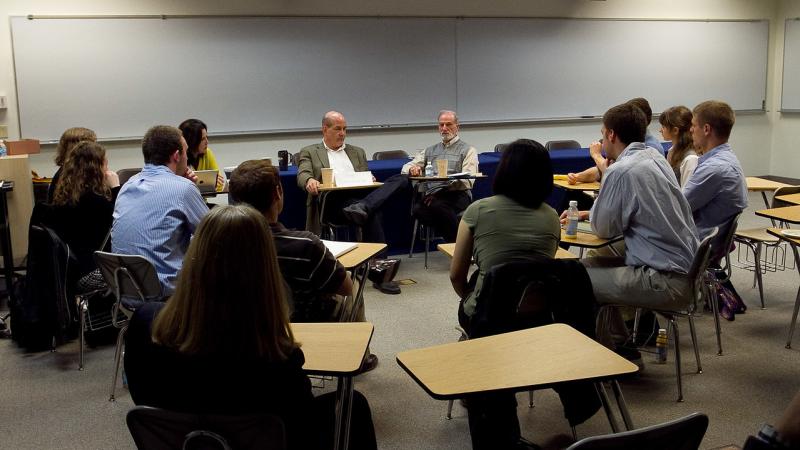
Career Center
Whether you’re a first-year who's just starting to think about a career plan, a senior with a very specific plan, or somewhere in between, we are here to help you design, discover, and connect with meaningful career opportunities.
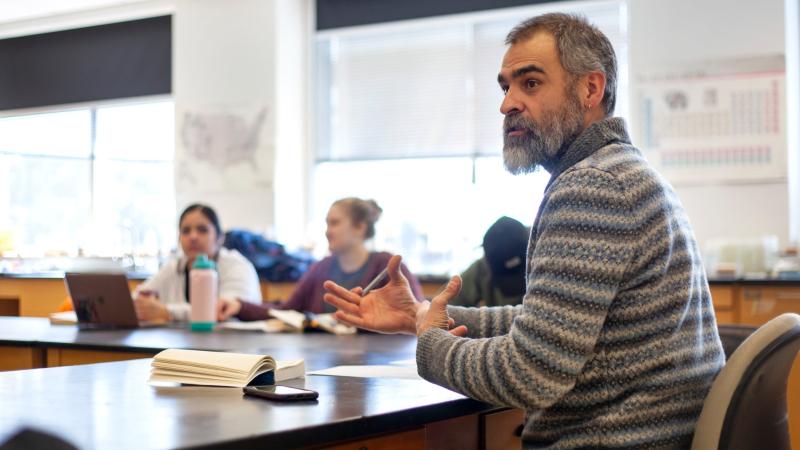
Fellowships Advising
Thinking about applying for a scholarship or prestigious fellowship like the Fulbright? We have advising for that! You can get help identifying opportunities and navigating the application process.
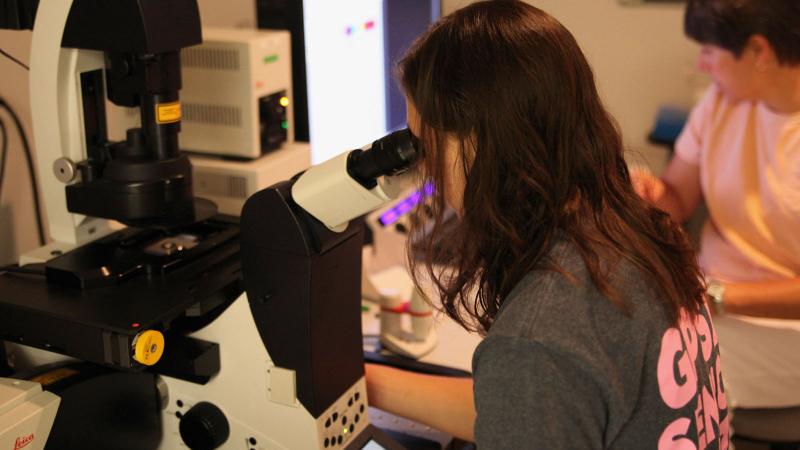
Health Professions Advising
Whether you want to be a doctor, vet, nurse, or dentist, with your goal as a beacon to light the way, you are ready to take the first step to a career in health care.

Pre-Law Advising
Whether you are exploring an interest in law or you are dedicated to prepping for the LSAT, pre-law advisors help you find your way towards your goals.

Research & Engaged Learning Support
Undergraduate support for graduate-level work. Work closely with faculty on high-impact research projects. Your professors provide expertise as you explore the questions that interest you most. You might even find yourself presenting at a conference or getting published in a journal.
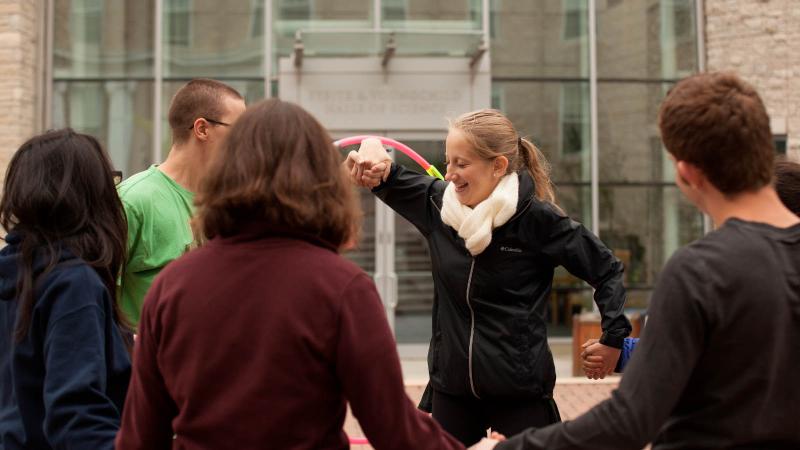
Summer Institute
Get a head start on the Lawrence experience. Summer Institute is a skill-building workshop that prepares you for college learning. You’ll work on writing skills, learn about resources and get connected to the community.
